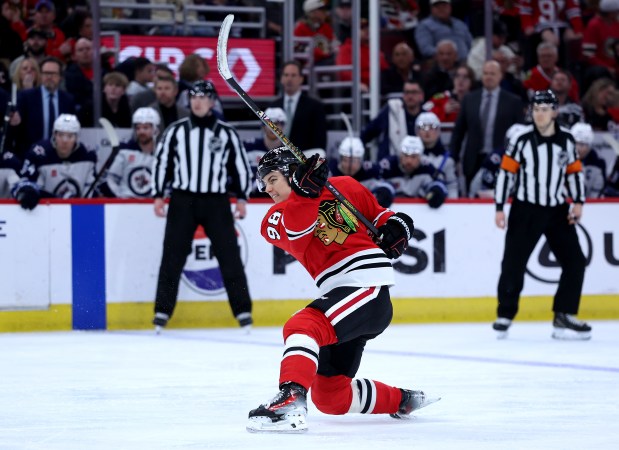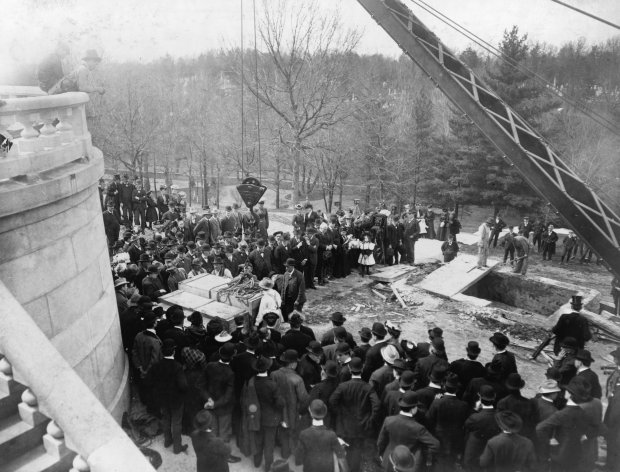Illinois House Speaker Emanuel “Chris” Welch apologized to Chicago Tribune reporters and the Statehouse press corps Saturday, saying an order his office issued instructing members of his Democratic majority not to speak to a Tribune reporter about “political matters” at the State Capitol or elsewhere was a “mistake.”
The order was issued Thursday in a blast email to House Democrats after Tribune reporter Jeremy Gorner questioned members of the speaker’s leadership team about tens of thousands of dollars in campaign contributions that they made supporting the candidacy of Michael Crawford. Crawford was the successful Welch-backed candidate who defeated Democratic state Rep. Mary Flowers of Chicago, the longest serving Black House member, in Tuesday’s primary.
The memo warned that Gorner was asking questions “that were explicitly political” and stated that “it is inappropriate to discuss campaign related matters on the Capitol grounds.” It further instructed Democratic members not to “call him back or give him a number for him to reach you to discuss political matters as it is also ethically dubious.”
In a Tribune story published online Friday providing details about the memo, the order was immediately assailed by one former Statehouse veteran reporter and journalism professor as a “goofy” and “stupid” effort to restrain legitimate newsgathering, while Tribune editor Mitch Pugh said, “this wrong-headed memo was an attempt to stifle our reporter’s constitutional right to do his job.”
Welch’s office initially defended the issuance of the order based on the highly dubious rationale that lawmakers engaging in such conversations could create an ethical breach — even though such discussions are constitutionally protected First Amendment free speech and the speaker’s staff could produce no statutory prohibitions on lawmakers answering questions from reporters at the State Capitol or elsewhere.
The only statutory campaign prohibitions prevent lawmakers from being offered or accepting campaign contributions inside the Capitol and a ban on lawmakers and legislative candidates from holding campaign fundraisers on session days in Sangamon County, where Springfield and the Illinois State Capitol are located.
On Saturday, Welch, who is in his third year as House speaker and now with a 78-member supermajority, said the order was issued in error.
“This week members received an email from staff with incorrect information that could compromise the important work of our Statehouse reporters. That email was a mistake and I apologize,” Welch wrote on “X,” formerly known as Twitter.
“Since then, our ethics officer has made it clear to the caucus that reporters are free to ask questions without fear,” Welch wrote. “In a time when the First Amendment is being undermined at the federal level and media conglomerates threaten the role of local journalism, I will always respect the work of reporters to do their jobs and ask the tough questions.”
Jaclyn Driscoll, a former Statehouse reporter who is now Welch’s chief spokesperson, had initially said the memo represented “longstanding” policy, though no such policy has existed in the Statehouse for at least four decades. But on Saturday, she also took to social media to apologize.
“I am the first to admit that this situation wasn’t handled properly within the Office of the Speaker and I apologize,” Driscoll wrote. “A mistake was made and we will fix our internal processes to ensure this won’t happen again.”




